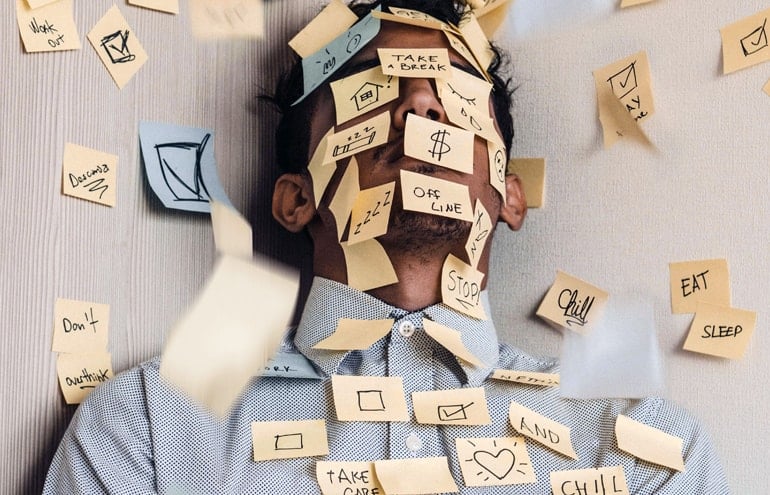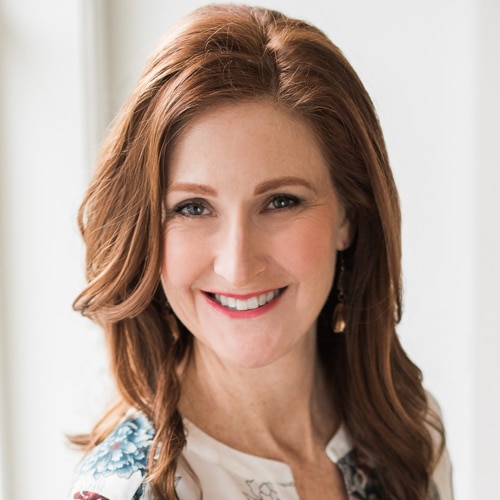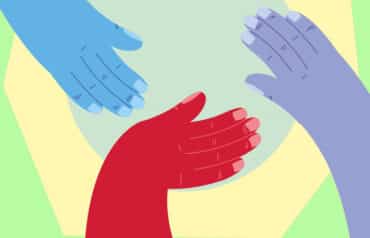What is the difference between anxiety and an anxiety disorder, and, if you have an anxiety disorder, what do you do about it?

Anxiety disorders affect 40 million people in the United States. It is the most common group of mental health issues in the country. As for the attorney population, according to ALM’s 2020 Mental Health and Substance Abuse Survey, 64% of attorneys suffer from anxiety. Unfortunately, of the millions of people suffering from an anxiety disorder, only about 36% of them receive treatment for it. Why?
Part of the problem is that anxiety can be a normal condition and emotion that doesn’t require medical treatment — it can even serve a positive purpose. For example, feeling nervous or anxious before we give an argument in court or an important presentation motivates us to prepare and do well.
On the other hand, anxiety can also be a disorder and medical condition with extremely negative effects that require treatment for you to function well.
So, how do we know the difference between anxiety and an anxiety disorder, and, if you have an anxiety disorder, what do you do about it?
What Is Anxiety Disorder?
According to the National Institute of Mental Health (NIH), an anxiety disorder is characterized by feelings of worry, anxiety or fear that are disproportionate in duration and severity to the trigger, and are strong enough to interfere with one’s daily activities.
The Diagnostic and Statistical Manual of Mental Health Disorders identifies several classifications of anxiety disorders: generalized anxiety disorder (GAD), panic attacks (sudden attacks of intense terror), phobias (irrational fear and avoidance of a particular object or situation), and separation anxiety disorder (anxiety after separation from a person or place).
Generalized anxiety disorder is the most common anxiety disorder. It involves chronic, long-lasting anxiety and worries about nonspecific life events, objects or situations, such as everyday routine life, work or health. According to the NIH, a person who has excessive anxiety and worries on most days for at least six months has GAD. Many people with GAD are not able to identify the cause of their anxiety, which is the reason it is referred to as “generalized.”
Symptoms of GAD include:
- Feelings of restlessness or being on edge
- Being easily fatigued
- Difficulty concentrating
- Irritability
- Muscle tension
- Difficulty controlling feelings of worry
- Sleep problems, such as difficulty falling or staying asleep, or unsatisfying sleep
How to Treat Anxiety Disorders
Whether you are suffering from generalized anxiety disorder or another anxiety disorder, or just want to reduce your feelings of anxiety, here are five ways.
- Self-treatment. For anxiety as well as anxiety disorders, self-treatment is helpful. Techniques include meditation, yoga, relaxation and breathing techniques, exercise, spending time with loved ones and friends, and mental exercises to replace negative thoughts with positive ones.
- Counseling and therapy. Regular sessions with a trusted psychotherapist give those suffering from anxiety an opportunity to voice concerns and problems, talk through them, and replace negative thoughts with positive thoughts and actions.
- Support groups. Joining a self-help or support group and sharing problems and achievements with others can benefit people who suffer from anxiety disorders. Internet chat rooms can be useful as well, but advice received there should be used with caution and discussed with a medical professional or therapist.
- Medication. There are several categories of medication that a medical doctor or psychiatrist can prescribe to reduce the effects of anxiety disorder. They include benzodiazepines, antidepressants and tricyclics. Each medication can have side effects that may or may not be tolerable to the patient. If you have tried self-treatment and counseling but have not received the relief you need, speak to your doctor about medication options.
- A healthy lifestyle. Whether or not you have a diagnosed anxiety disorder, a healthy lifestyle can reduce anxiety. In particular, the following lifestyle choices can have a positive effect:
- Limit caffeine.
- Maintain a healthy, balanced diet.
- Get sufficient sleep.
- Avoid alcohol and recreational drugs.
As one of the 64% of attorneys who suffer from an anxiety disorder (GAD, in my case), I’m here to tell you that you can feel better. Reach out. Ask for assistance. Talk to your doctor. There is no reason to suffer unnecessarily.
Photo by Luis Villasmil on Unsplash
















